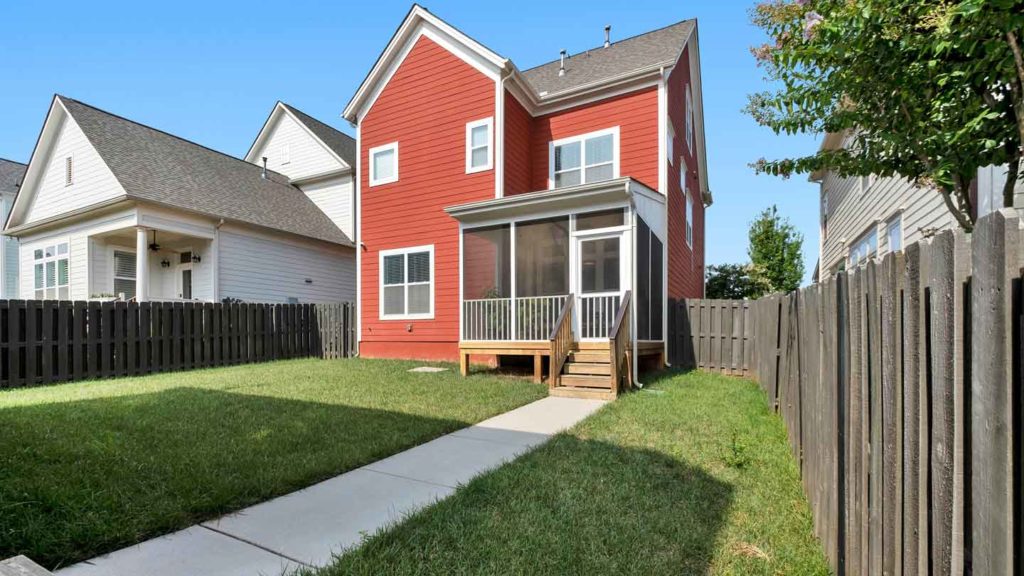Mortgage creditors don’t just hand you cash. But these steps may help you get a mortgage loan. Obtaining a mortgage used to be an easy process. However, lenders have far more stringent with their borrowing conditions since the housing crisis to a climax.
When you’re searching for a mortgage, there are several actions you can take. They’re to improve your chances of success and prevent being turned down. Therefore, before you look to refinance my mortgage, let’s know the tips.
Improve Your Credit Score
These credit scores vary from 300 and 850. A typical mortgage usually requires a minimum credit score of 620. But that doesn’t guarantee you’ll get approval with a 620, nor does it guarantee you’ll receive the best rates available.
She notes that mortgage lenders often save their best rates for customers with credit scores of 750 or above.
Pay Down Some Debt
If you can pay off some debt, do so. In two ways, paying off debt can help you secure a mortgage. Firstly, the less revolving debt you have (i.e., credit card debt), the better your credit score will be. Secondly, one element mortgage lenders consider is the debt-to-income ratio.
This ratio compares your monthly commitments (bills, loan payments, etc.) to your income. The fewer your monthly expenses, the more tempting you’ll be as a loan prospect.
Get a Solid Job
What if you’re self-employed and have a fluctuating income? Borrowers with fluctuating income have frowned upon by mortgage lenders. You need to think “when should I refinance my mortgage?” After all, how can you expect to keep up with your mortgage payments if you don’t have a consistent job? Now is the time to establish some professional roots.
Then, after many months with the same employment, apply for a mortgage. Check if any of your clients are willing to sign an ongoing contract. This you can then offer to a mortgage lender as proof of income stability.
Prepare a Larger Down Payment
Paying down more money reduces your loan-to-value ratio. This measures your loan amount about the value of the house you’re purchasing. If the down payment is larger, the cheaper your loan will be.
The greater is a percentage, the riskier your mortgage from a lender’s standpoint. However, if you can make a larger down payment, the lender faces less risk, increasing your chances of acceptance.
The Bottom Line
Most likely, you won’t be able to buy a property entirely; you’ll need a mortgage to do so. If you follow these guidelines, you should obtain a house loan. It will allow you to purchase your own home. Of course, improving your credit is easier said than done.
But Alice offers some suggestions. “Your credit score is similar to your GPA,” she explains. “The better your grades, the higher it will rise.” As a result, she suggests finding a credit card with a $0 balance and putting one tiny regular expense on it, such as a streaming service or phone bill.
Let it your sole bill on that card, and pay it off regularly. It’s better to set up a regular payment with your bank. It’ll help you to avoid unintentionally missed payments.



